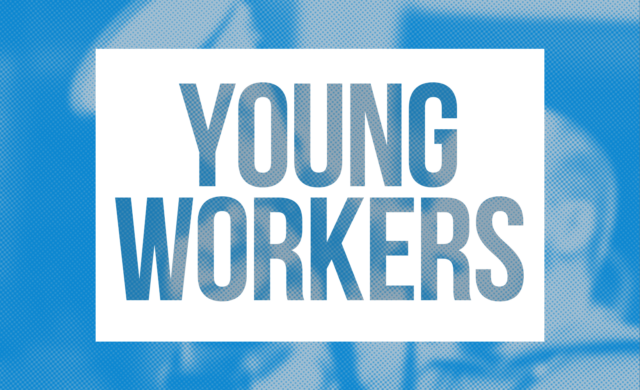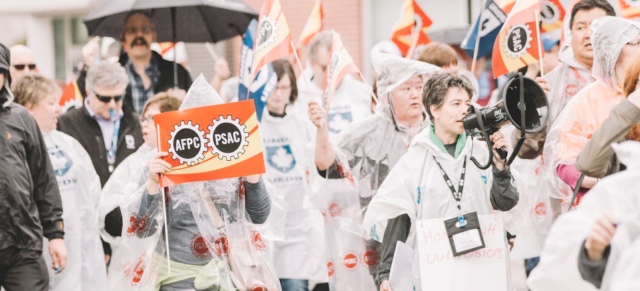Government walks away from pre-election deal
The Liberal government has squandered one last pre-election opportunity to deliver a fair deal at the bargaining table for PSAC members, as well as to provide proper compensation for damages caused by the Phoenix pay system.
Approximately half of the 140,000 federal public service workers currently in negotiations returned to the bargaining table when the Program and Administrative Services (PA) unit, representing 71,000 PSAC members, resumed negotiations with Treasury Board on Sunday September 1.
The government refused to meet PSAC’s key demands despite six continuous days of bargaining. Their wage offer fell short of providing PSAC members – the largest group of workers in the federal public service – with even the equivalent wage increase that was negotiated with other federal bargaining agents.
The government once again also proposed to short-change PSAC members for the pain and suffering caused by Phoenix. After finally agreeing to cash compensation rather than days of leave, the government’s offer remained meagre and insufficient to recognize the damages inflicted on public service workers over the last four years.
“We had made it clear to Treasury Board that we would return to the bargaining table, but only to discuss an improved offer—one that includes annual wage increases that meet or exceed inflation, improved work-life balance – and equitable monetary compensation for the Phoenix nightmare,” said PSAC National President Chris Aylward.
“PSAC came to the table in good faith, but instead of using this opportunity to deliver a fair deal for our members, the government walked away.”
Due to a federal election set to be called in the coming days, there will be no additional opportunities to return to the bargaining table until after the election is concluded. In the months after the election, negotiations will continue while PSAC undertakes preparations for possible strike action for the bargaining units listed below.
What PSAC units are currently negotiating new contracts with the federal government?
Nine PSAC units covering 140,000 workers in the federal government are currently negotiating new contracts. All the units below, except for Border Services (FB), are awaiting hearings at their respective Public Interest Commission (PIC).
Major government bargaining units
Click on your unit for the latest specific updates.
- Treasury Board (click here if you’re not sure which unit you belong to)
- Program & Administrative Services (PA) (members represented: 71,000)
- Operational Services (SV) (members represented: 9,500)
- Border Services (FB) (members represented: 9,000)
- Technical Services (TC) (members represented: 9,500)
- Education & Library Sciences (EB) (members represented: 900)
- Canada Revenue Agency (members represented: 27,000)
- Canadian Food Inspection Agency (members represented: 4,200)
- Parks Canada (members represented: 4,300)
- Communications Security Establishment (members represented: 2,000)
The original version of this article was first posted on the PSAC website.









